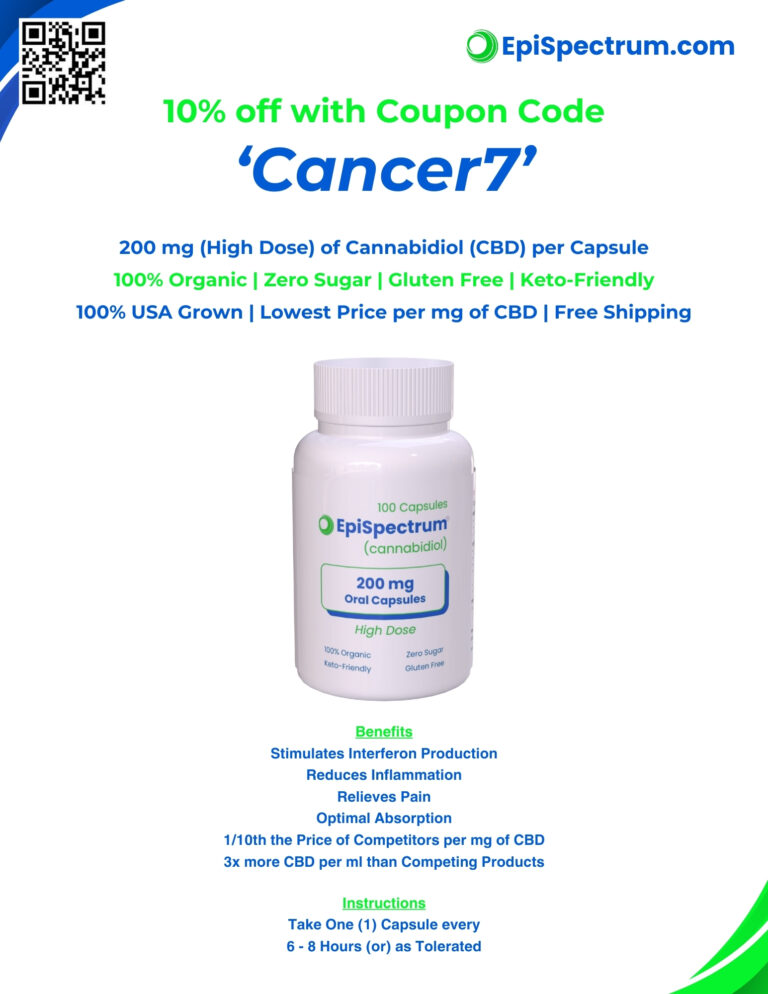Dubbed the “sunshine vitamin,” Vitamin D emerges as an essential nutrient, pivotal for the seamless operation of our organs and the cellular networks that underpin them. Imagine our body as an orchestra, each organ a unique instrument, and Vitamin D the conductor, ensuring every part works in concert. This harmony is crucial for our well-being and health. Vitamin D’s roles are multifaceted, including boosting the immune system, contributing to cancer prevention, and improving cellular function. These functions underscore its importance in maintaining health and combating cancer.
Within the adrenal gland, Vitamin D assumes a remarkable function, orchestrating hormone production like a maestro, guiding the symphony of cellular processes. It regulates crucial activities such as cell growth and differentiation, vital for tissue health and preventing disarray. Insufficient Vitamin D disrupts this harmony, increasing the risk of cancer across various organs. Thus, keeping Vitamin D levels within the optimal range is crucial for health equilibrium and reducing cancer susceptibility.
Maximizing Vitamin D’s benefits involves two primary approaches. Firstly, a brief 20-minute exposure to sunlight can naturally stimulate Vitamin D production in the body. Secondly, dietary supplements, especially when paired with Vitamin K2, offer a reliable method to ensure adequate Vitamin D intake. This synergistic combination not only enhances bone strength through improved calcium absorption but also protects against arterial calcification. While Vitamin K2 is key for proper blood coagulation, Vitamin D3 supports immune and muscle functions. By leveraging both sunlight and supplements, we can maintain Vitamin D at beneficial levels, playing a pivotal role in health maintenance and cancer prevention, and ensuring our body’s symphony plays on harmoniously.
In the field of oncology, administering Vitamin C intravenously (IV) stands out as an effective approach, especially when there’s a need for quick and significant doses of this nutrient. Delivering Vitamin C directly into the bloodstream via IV ensures rapid absorption and sustains high levels in the body. Research indicates that this form of Vitamin C administration can lead to longer survival rates for patients, highlighting its value as a supportive treatment in the overall strategy for combating cancer.
The role of Vitamin C in cancer treatment is not limited to its direct effects. It has been found to enhance the efficacy of traditional cancer therapies, such as chemotherapy and radiation, through its synergistic actions. Vitamin C boosts the Adrenal Glands’ function, crucial for immune system regulation and enhancing the body‘s ability to fend off illnesses. The pituitary gland’s regulation of this hormonal network affects cellular activities across the body, influencing various tissues and functions.
When the body is infused with Ascorbic acid (Vitamin C), it directly impacts the Adrenal Glands, stimulating them to release a surge of hormones that spread through the cellular network. Thus, Vitamin C serves as a trigger, spurring the Adrenal Glands into action to distribute hormones stored within, initiating a domino effect of positive reactions across the body’s systems. This dynamic interaction highlights Vitamin C’s comprehensive therapeutic potential in cancer treatment and general health maintenance.





